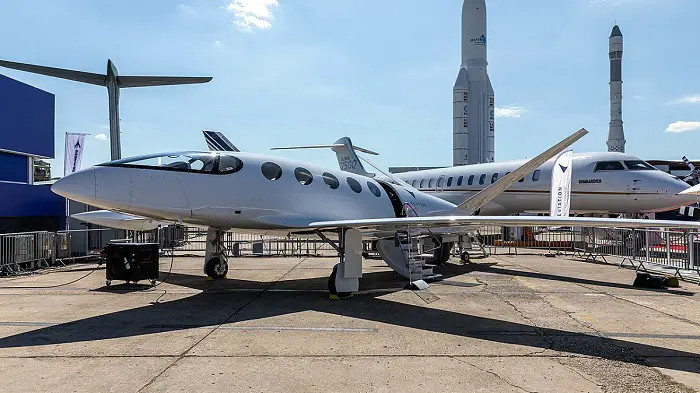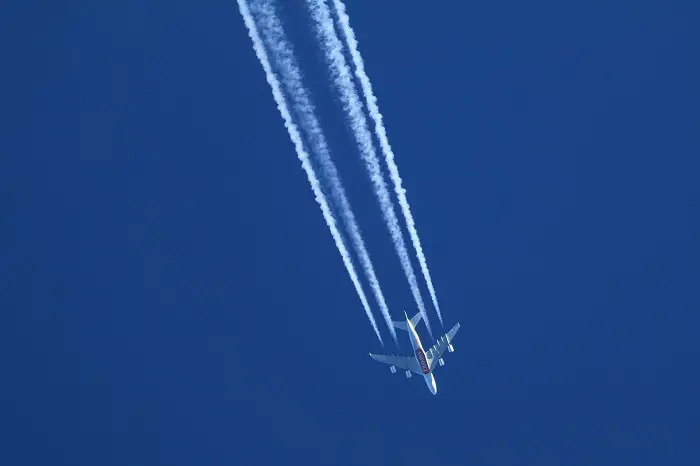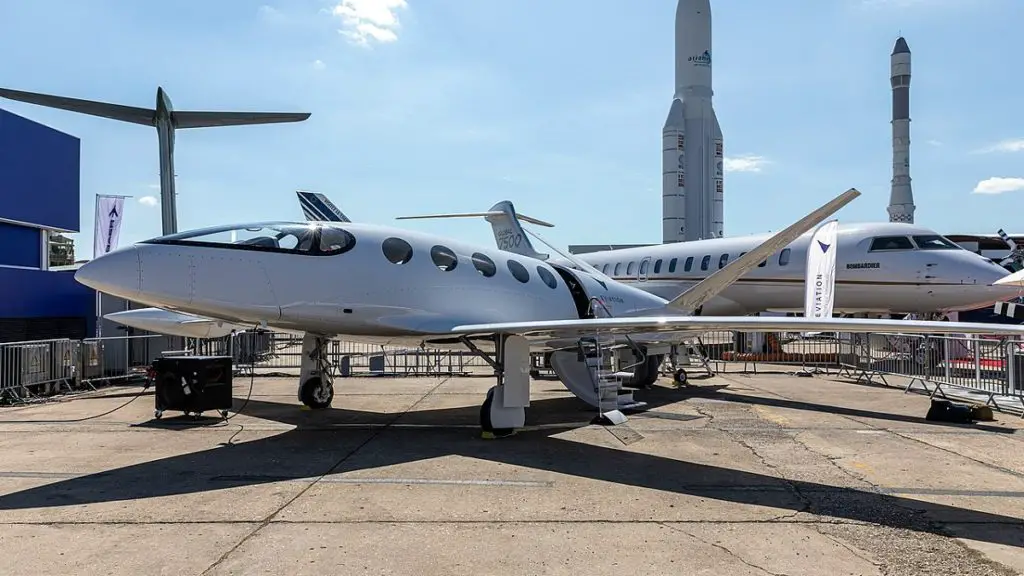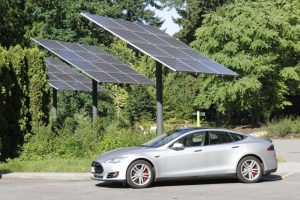The biggest names in aviation and technology are jostling to send an all-electric plane up into the commercial skies. Did an Israeli start-up just beat them to their objective?
Eliminating greenhouse-gas emissions from airplanes is one of the hardest challenges in the climate conundrum.
Air travel accounts for a significant volume of the world’s global carbon dioxide emissions. With well in excess of 100,000 commercial flights every day, the airline industry is now among the fastest-growing sources of greenhouse-gas pollution.
This is why big-name companies such as Uber and Boeing have been exploring ways to build small electric aircraft for commercial purposes.
Now, a small start-up appears to have beaten them to the
punch!

Meet Alice
The Israeli company, Eviation, announced recently that the Massachusetts-based regional airline, Cape Air, has placed an order for its all-electric plane, the “Alice.”
The Alice is a three-engine airplane that can fly 1,000 kilometers on a single charge. The plane is designed to carry two pilots and between six and nine passengers.
Eviation introduced the aircraft to the aviation and airline industries during the Paris Airshow last June.
The company says Alice is even now ready to compete in the market for planes that fly high traffic commutes! These include Paris to Toulouse, Norway’s Oslo to Trondheim, and San Jose to San Diego in the US.
The South Korean company, Kokam, manufactures the plane’s 900-kilowatt-hour lithium ion battery.
Eviation executives say they chose Kokam because they felt the company is better prepared to address the plane’s unique battery requirements.
“If I would go today to Samsung or Panasonic or LG Chem,
or Tesla for that matter, and say I need a different cell size, they will
probably laugh because the number of cells we are going to buy is not
significant enough to start the design process,” Eviation CEO Omer Bar-Yohay told
Reuters.

Through the Looking Glass?
The appeal of the project to Kokam is clear. The better they meet the needs of the electric aircraft industry, the bigger the market they can potentially address.
As designed, the Alice will have 9,400 battery cells positioned throughout its body, including the floor, ceiling, and wings.
The batteries will have a combined weight of 3.8 tons. That amounts to about 60 percent of the total weight of the plane!
Cape Air is set to buy a “double-digit” number of the Alice. Each plane carries a US $4 million price tag, but observers say customers should be able to negotiate a smaller figure.
While the purchase cost may seem high compared to a conventional propeller driven plane, servicing costs for the Alice – with its electric motors – will be a fraction of the cost compared to say, a Cessna Citation.
“We see tremendous opportunities to reduce the environmental impact of our operations,” Cape Air founder and CEO Dan Wolf said in a statement.
Eviation expects to begin shipping the aircraft for commercial use in 2022.
Many experts suggest that small electric planes could one day shorten commutes, reduce road traffic, and reduce vehicle emissions.
Do you think the Alice is a first step into the future of air travel?






